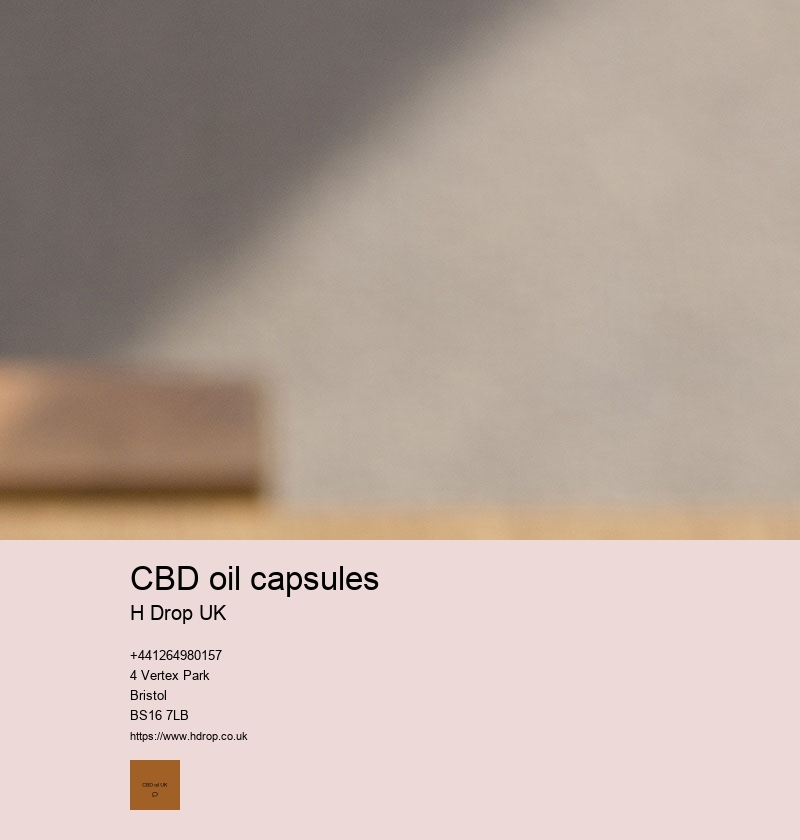CBD oil capsules
Neuroprotection
Eating foods rich in antioxidants like berries or dark leafy greens helps fight free radical damage while practices like meditation can reduce stress levels thereby preventing stress-induced breakouts or dullness in complexion. However, due to side effects and the risk of dependency associated with traditional drugs, individuals are seeking gentler approaches. In conclusion, while anecdotal testimonies extol CBD oil as a panacea for mental anguish, empirical scrutiny must undergird such claims before mainstream medicine fully embraces this unorthodox remedy. Yet skeptics caution against placing too much credence in personal stories absent rigorous clinical trials. Remember that while many users report positive outcomes from using CBD oil for inflammation control among other uses scientific research continues evolving thus keeping abreast latest developments ensures informed decisions regarding personal health interventions involving cannabidiol utilization. Without these rigorous studies to underpin them, sweeping declarations about CBD oil's efficacy remain speculative at best. CO2 extraction is renowned for yielding clean and potent extracts without solvent residues. CBD oil capsules
Nutrition also plays an integral role; consuming balanced meals with ample vitamins supports overall health which can facilitate easier relaxation at night. In addition to these tangible steps, mindfulness practices such as meditation have shown significant promise in reducing anxiety levels. When CBD enters the bloodstream, it does not bind directly to these receptors but instead influences them indirectly. The science behind CBD's effectiveness is still in its nascent stages; however, emerging research points toward promising outcomes. Exfoliation is another key aspect of revealing brighter skin; however, physical exfoliants can be too abrasive at times. They stand at crossroads where paths diverge between grounded skepticism and optimistic experimentation—each step forward taken not without risk but potentially leading toward personal discovery.
For instance, studies suggest that it may offer anti-inflammatory properties and act as an analgesic, making it appealing for those battling chronic pain conditions such as arthritis. Caution is key; consumers should conduct thorough research before purchasing any product. Nonetheless, individual nations implement their unique rules which may affect availability and legality. In the quest for serenity, many have turned towards natural remedies, with CBD oil emerging as a prominent solution. However, the surge in popularity has outpaced regulatory oversight and quality control measures. Discover Its Hidden Benefits!
CBD oil capsules - Terpenes
- Flavonoids
- Endocannabinoid system
Their findings occasionally yield kernels of legitimacy amidst chaff but seldom confirm miracles outright. How to Choose High-Quality CBD Oil ProductsNavigating the burgeoning CBD market can be overwhelming, especially with a plethora of products available. As research continues to evolve so too will our understanding but until then skepticism might serve us just as well as optimism when approaching this enigmatic elixir. The least probable word for robustness here might be "stringent," but it underscores the importance of rigorous farming practices free from harmful pesticides and chemicals. An active lifestyle promotes both fatigue readiness for deep slumber once your head hits the pillow. The ECS consists of cannabinoid receptors scattered throughout the body – particularly concentrated in the brain and immune system.
